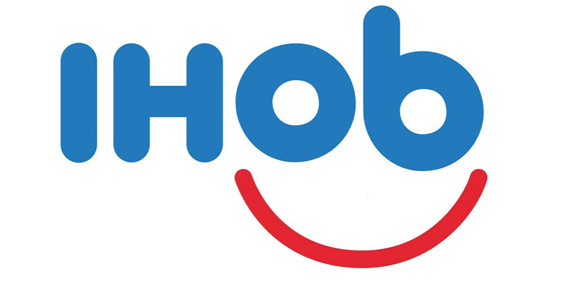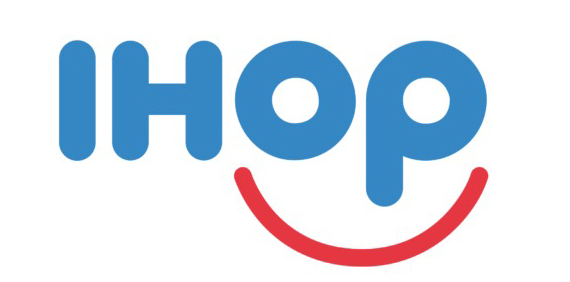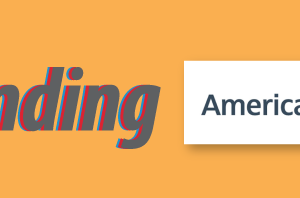
In the crowded food industry, it can be difficult to stand out, especially when the business’s products exist in an especially over-saturated category, like breakfast or burgers. So when thinking of it that way, is it really that surprising that IHOP would do something like fake a rebranding to be the topic of discussion? The IHOB hype has come and passed, with IHOP admitting it was a grab for attention and not an actual rebranding. But this begs the question, is faking a rebranding a good idea? We weigh both sides.


Fake a Rebrand
Want to be the talk of the town? Go for it.
It’s Bold and Out-of-the-Ordinary
Exasperation is the emotion many felt after hearing the “B” in IHOB stood for burgers. After finding out it was part of some marketing scheme, however, it was a bit refreshing. It was something new added to the mix of marketing messages and a really unique idea; IHOP should be commended for that alone.
People Will Be Talking
IHOB was one of the biggest stories for a few days, taking over media and memes alike. IHOP wanted to get people talking, and it worked, which, in most cases, is never a bad thing. Even with the news being met with some confusion and negative reactions, it did manage to bolster interest in the company for a couple of days.
It’s an Opportunity to Highlight an Underrated Product or Service
Does your company offer a service or product that is perfect for buyers, but often goes unnoticed? This may be a great way to remind them of it. Many consumers didn’t think of IHOP for its burgers, and may not have even been aware that they sold them, but they know now.
Avoid a Rebrand Fake-Out at All Costs
Consider the drawbacks of a rebrand, fake or not: negative responses, confusion, and more.
You’ll Get Roasted
The internet sees everything and they can be unforgiving. Twitter, Instagram, and Facebook alike all chimed in with opinions about the supposed rebranding, and it was at times harsh. Burger King very casually poked fun by changing their social media name to Pancake King; Wendy’s jabs on the other hand were a little meaner (per usual), insulting IHOP’s decision, food, and more.
It’s No Longer New
Sure, this was a clever idea, but now it’s been done, so it’ll be far less interesting next time somebody tries it. But Taylor Swift famously wiped out her social media accounts last year and celebs are still doing it (Blake Lively, Miley Cyrus, etc.), so maybe give it a shot?
It Can Be Confusing
Straying even slightly away from the brand can be confusing and rebrands are always met with some skepticism. Why face that when your brand doesn’t have to? Additionally, IHOP’s core product is pancakes, and many visitors go there solely for that reason. Although IHOP wanted customers to reconsider its other products, sometimes it’s simply overwhelming. Take McDonald’s massive menu vs. Chipotle’s. Sometimes, consumers just want simpler, and IHOP is interfering with the product its known for.
Did It Meet Its Goal?
Consumers didn’t seem enthusiastic to try the burgers, and the marketing ploy did little to move foot traffic, so did IHOP really meet either of it’s important goals? If your end-goal is ultimately not met, what’s the point?
Fake Them Out or Play It Safe?
IHOP’s move did garner them loads of attention. But in the days of the internet, it’s pretty easy for news to spread, and then later die when a new topic is found. By now the hype is gone and other metrics that were disappointing, like foot traffic and people willing to try their burgers. If your business can find an interesting way to do it and the people that work there have some thick skin, then go for it. Otherwise, we say it’s better to sit this one out.



